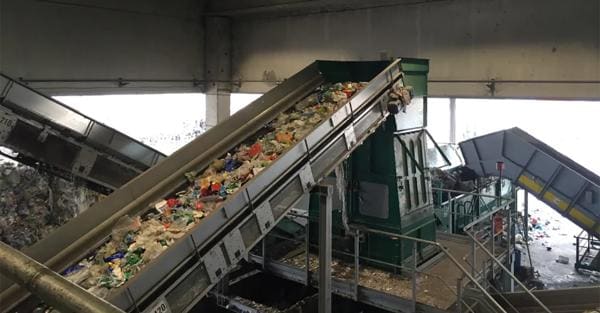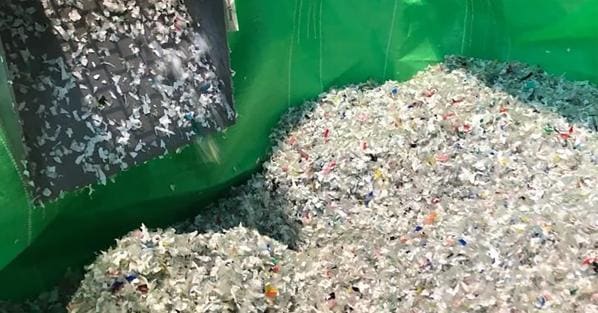Plastic, the turnover of companies that recycle is growing: in 2022 +18%
[ad_1]
The growth in turnover continues for Italian companies active in the mechanical recycling of plastics. In 2022 it will reach 1.1 billion euros: +18% compared to 2021, after the positive leap (+67%) recorded in 2021. The growth is mainly attributable to increases in sales prices, necessary to deal with the surge of the main cost components such as waste procurement, energy and transport costs. This is what emerges from the report by Assorimap, the trade association that brings together 350 recycling companies and 200 producers of secondary plastic raw materials, produced by Plastic Consult.
Slight drop in production
The increase in turnover is noted despite a slight decline in the production of mechanically recycled plastics. After the encouraging numbers of 2021 (+17% on an annual basis), due to the recovery of consumption and post-pandemic activities which generated a general increase in the demand for recycled plastic, 2022 shows a slight contraction (-1.5% ) in the production of secondary plastic raw materials (785,000 tons) which mostly come from flexible polyethylene (28%), followed by PET bottles and trays (24%) and rigid polyethylene bottles (19%).
The main applications of secondary raw materials are diversified: almost 40% are used in the packaging sector (29% rigid, 10% flexible), but also for pipes (12%), the building and construction sector (11%) , waste collection bags (10%).
Protect businesses
“Italy must protect the companies that have invested in the mechanical recycling of plastic over the past 25 years: they have allowed the country to be able to align itself with European objectives with exceptional results in environmental, economic and social terms”, commented Walter Regis, just reconfirmed to the Assorimap presidency for the next three years.

«Today these companies, world leaders for the quality of secondary raw materials and for technologies aimed at transformation, are continuing to invest to remain competitive in a highly dynamic industrial sector. This courage has ensured robust resilience to the sector, despite criticalities and obstacles deriving from the complexity of the global scenario. In particular, the Asian production of low-cost virgin polymers, which invaded the European market, and the growing production costs due to energy price increases had an impact. The mechanical recycling of plastic represents a flagship of Made in Italy and the heart of the circular economy: the hope is that it will be supported by politics, especially in Europe, starting with the removal of excessive bureaucratic ties in favor of a greater competitiveness,” concluded Regis.
[ad_2]
Source link












